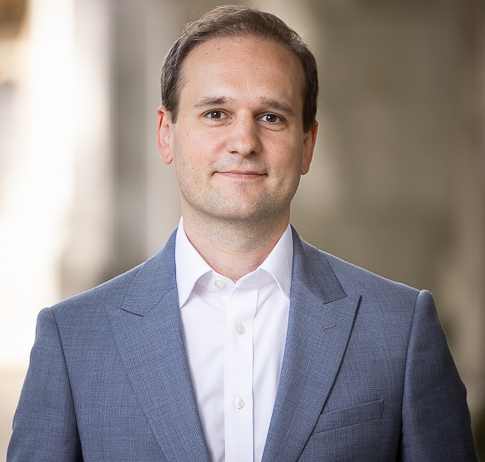“Earth is now our only shareholder”. This is the message which now greets visitors to the website of Patagonia, the outdoor clothing retailer, which has for many years sought to operate as a socially-responsible and environmentally-friendly company.
The message is accompanied by a letter from founder Yvon Chouinard who announced earlier this month that the company’s future profits would be paid to a non-profit called the Holdfast Collective which would be dedicated to fighting the environmental crisis. The Holdfast Collective will reportedly hold 100% of Patagonia’s non-voting shares while all of the voting shares are to be transferred to a purpose trust set up to protect the company’s values. This means that the decision-making around the company remains fundamentally with the founder and his family, but the profits will all go towards protecting the environment.
The announcement provides an interesting reminder that there is more than one way for founders and other business owners to create social impact through business, and ultimately to give substantial wealth away. Mr Couinard’s letter set out that he had considered other options including selling the business and donating the profits, but these were discarded as there was no way for him to ensure the business itself would continue to operate in the sustainable manner that it has to date. Social impact is clearly central to Patagonia’s ethos; a Certified B Corporation, Patagonia has for years been an inspiration for entrepreneurs looking to combine social impact and profit generation.
The Holdfast Collective is reportedly organised as a social welfare organization, which is a type of organization that is exempt from federal income tax, but not considered charitable in the US. Unlike charitable organizations which are prohibited from engaging in any political campaign activity, social welfare organizations may engage in limited political campaign activity. In addition, contributions to social welfare organizations are not eligible for US income tax deduction as contributions to US charities are.
Giving something away generally means relinquishing benefit and control. In recent years, we have seen the rise of the Giving Pledge, an initiative launched in 2010 by Warren Buffet and Bill Gates to persuade wealthy individuals to pledge to give away at least half of their wealth. The Giving Pledge is a public statement rather than a binding legal commitment, and it can be fulfilled over time, so a wealthy individual may make the Pledge but continue to control, and benefit from, their business interests for some time.
Mr Couinard has not made the Giving Pledge as such, but has of course put his money where his mouth is, to similar, or perhaps greater, effect. Restructuring Patagonia to divide up the control of decision-making from the entitlement to receive profits has involved both giving away very substantial value, while still ensuring that the company’s social business mission is retained. And his particular approach to structuring the gift is considered and sophisticated. It means that Patagonia may, for example, avoid some of the tricky issues that can arise when a charity is the major shareholder of an underlying business. In the United Kingdom such an arrangement would require careful management of conflicts of interest and loyalty and raise difficult questions for the charity trustees as to how and when they should exercise the charity’s rights as a shareholder.
It will also be interesting to see if major philanthropists in the United Kingdom try to emulate Mr Couinard’s approach. There are a number of major businesses already owned by English charities such as Ecclesiastical Insurance Office PLC (owned by the Benefact Trust) and Lloyd’s Register (owned by Lloyd’s Register Foundation). But this is a far from standard operating model, with the more common approaches to giving away profits of a business being traditional corporate social responsibility (including corporate foundations), or by the sale of the business and the donation of the proceeds of sale to charitable and other public purposes. In addition, the United Kingdom does not currently have any form of organisation that is analogous to a US social welfare organization. For this reason, if this structure were to be replicated in a UK context, the limitations on charitable campaigning and political activity would have to be accepted if the gift sought to achieve tax-efficiency for the donor.
In the world of commerce more widely, we are seeing a move towards social business as a more holistic approach to good corporate citizenship than simply giving away profits through a corporate foundation or otherwise. Mr Chouinard’s dramatic gift is the culmination of a long history of truly responsible business at Patagonia so it will be interesting to see if this may be replicated by others seeking to hardwire social benefit into a socially responsible founder’s exit.
There is no doubt that there is increasing interest in meeting the great challenges of our times through a fuller range of private, and not just state, action. We look forward to seeing how others may join in, with their own innovative models.



